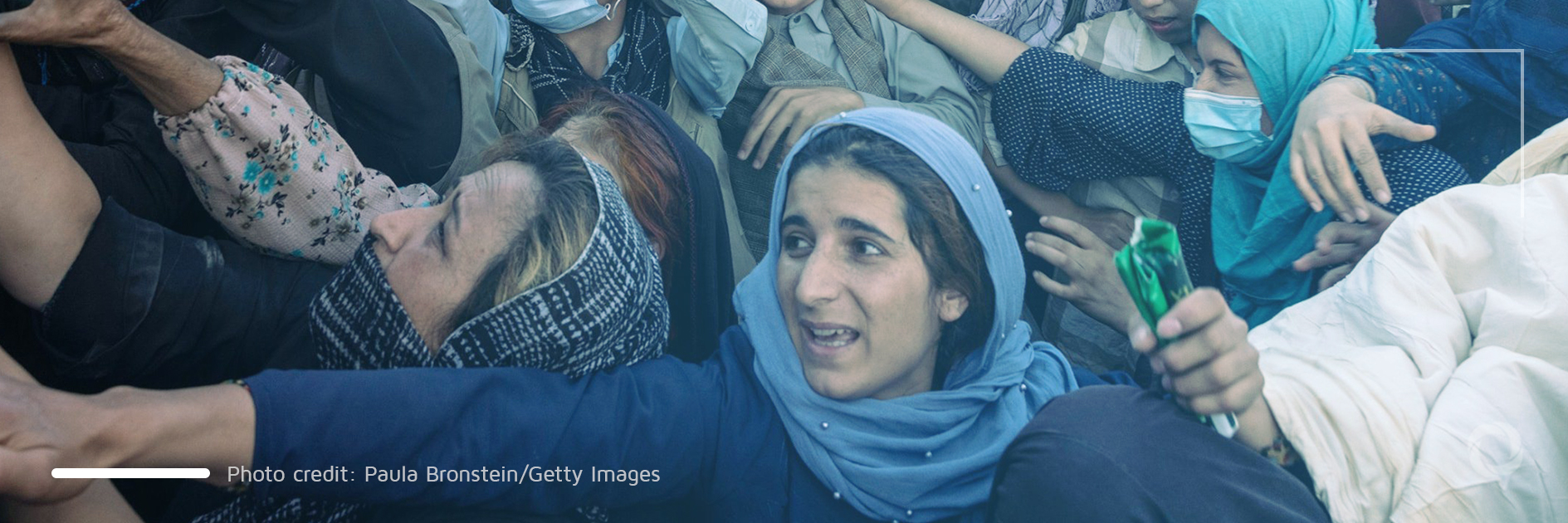After the Taliban took power in Afghanistan, Germany, the EU and the International Monetary Fund (IMF) decided to suspend any development assistance for the country that desperately needs it due to rising levels of hunger and poverty.
The EU and Germany have decided to temporarily suspend development aid for Afghanistan whereas the IMF has announced that its resources would no longer be accessible to the country that is currently being ravaged by political crisis.
Germany has not only blocked the approximately 250 million euro of assistance that was planned to be delivered this year (from a total budget of 300 million euro for 2021), it has also decided not to channel resources for police training. Thus, the total amount suspended for this year is around 430 million euro. Between 2018 and2019 Germany allocated about 736 million euro and with a similar amount for the period between 2020 and 2021, it was the third-largest international aid donor in Afghanistan after the EU and the U.S.
“With regards to development aid and also our stability measures, we have frozen these funds for the time being,” said German Foreign Minister, Heiko Maas.
Germany has also decided to withdraw its aid workers from GIZ (German Cooperation for International Cooperation) and is now trying to evacuate development agency staff from Afghanistan.
The EU as a whole has decided to suspend its development aid for Afghanistan. Between 2018 and 2019 the EU channeled about 761 million euro in development aid while between 2014 and 2020 this reached 2.26 billion euro. Afghanistan had been pledged another 1.2 billion euro between 2021 and 2024 but this payment has now been suspended until the political situation is clarified.

Josep Borrell, the EU’s High Representative for Foreign Affairs and Security Policy, said that there would be “No payments of development assistance until we clarify the situation.”
He announced the intention to speak to the Taliban “as soon as necessary”.
However, he did not rule out that “Humanitarian help will continue, and maybe we will have an increase” adding, “We will deal with the Afghan authorities such as they are, at the same time remaining naturally vigilant of the respect of international obligations.”
Apart from the EU and Germany, Finland has also announced that it will suspend its development aid for Afghanistan and Sweden may come to a similar decision too.
For its part, the IMF has explained its decision to suspend access to resources for Afghanistan because of the “lack of clarity within the international community.” The IMF had planned to deliver US$370 million as part of the global IMF response plan to the economic crisis on 23 August but this did not happen.
See also: Overview of a decade of international aid-flows to Afghanistan
While the international community has suspended development aid, Afghanistan’s humanitarian needs are on rise. According to UNHCR, 250,000 Afghans have been forced to flee from their homes since May 2021 and one in two children is affected by severe acute malnutrition. Of the country’s 38 million people, 18.4 million require humanitarian assistance. UNICEF has expressed the concerns it has about the “very significant increase” in child deaths in the past four weeks. While some countries have decided to temporarily withdraw their support, the UN has pledged to reach out to 9 million people with help by December 2021 but its resources are limited and the financial need is estimated to be about US$200 million.

